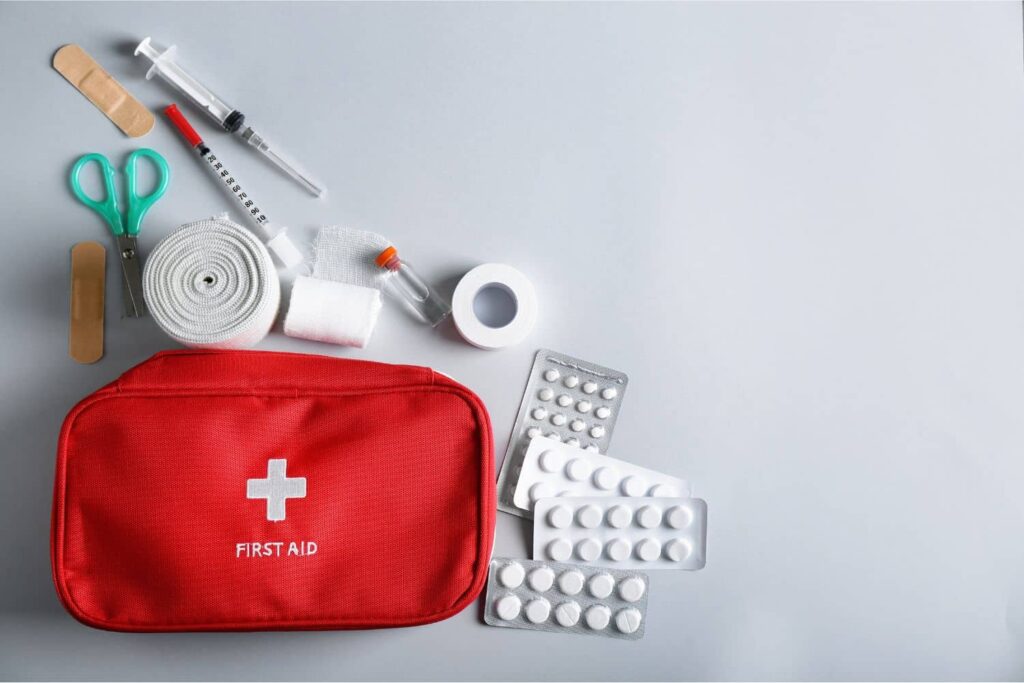CAREGIVING COURSE

Course Overview
This course is designed to equip individuals with the necessary skills and knowledge to provide care and support to elderly individuals, persons with disabilities, and those recovering from illness, in a home or institutional setting.
Course Duration
- Full-Time: 1 to 6 months
- Part-Time / Weekend Classes: 1 to 8 months
- Total Training Hours: 400 to 800 hours (including classroom and hospital practical training)
Course Syllabus
Introduction to Caregiving
- Roles and responsibilities of a caregiver
- Types of caregiving (elderly, disabled, post-operative, palliative)
Personal Care and Hygiene
- Bathing, grooming, toileting
- Dressing and feeding assistance
Mobility and Transfers
- Safe patient lifting and moving techniques
- Use of assistive devices (wheelchairs, walkers, hoists)
Basic Health Monitoring
- Checking temperature, pulse, respiration, and blood pressure
- Recognizing signs of common illnesses
Nutrition and Meal Preparation
- Dietary needs of patients
- Preparing and serving meals
Infection Control and Safety
- Hygiene and sanitation practices
- Preventing cross-contamination
First Aid and Emergency Response
- Basic first aid skills (choking, CPR, wounds)
- Emergency protocols
Psychosocial Support
- Communicating with empathy
- Supporting mental and emotional well-being
Ethics and Professionalism
- Confidentiality, boundaries, and respect
- Legal rights and responsibilities
10. On-the-Job Training / Practicum
- Supervised work experience in a care facility or home setting
COURSE FEE
NGN 150,000 / $93.54
WHAT CERTIFICATE WILL I GET?
Competence globally recognised certification.
IS THE TRAINING INT’L ACCREDITED?
Yes
WHERE CAN I LOCATE THE TRAINING CENTRE?
ABUJA, LAGOS, UK & ONLINE
TRAINING CENTRES ADDRESS: Alliance Hospital Garki Area 11, Abuja.
Suite 216 MKK Plaza Gudu, Abuja.
13c, Kenneth Agbakuru, Phase 1, Lekki, Lagos.
4 Dyke Street, Glasgow, Scotland, G69, 6DU, United Kingdom.
Course Objectives
By the end of the course, learners will be able to:
Assist with basic health monitoring (vital signs, medication assistance).
Understand ethical, legal, and cultural considerations in caregiving.
Communicate effectively with clients and healthcare professionals.
Provide psychosocial support and companionship.
Maintain a safe and healthy environment.
Provide personal care (bathing, grooming, feeding, and mobility support).